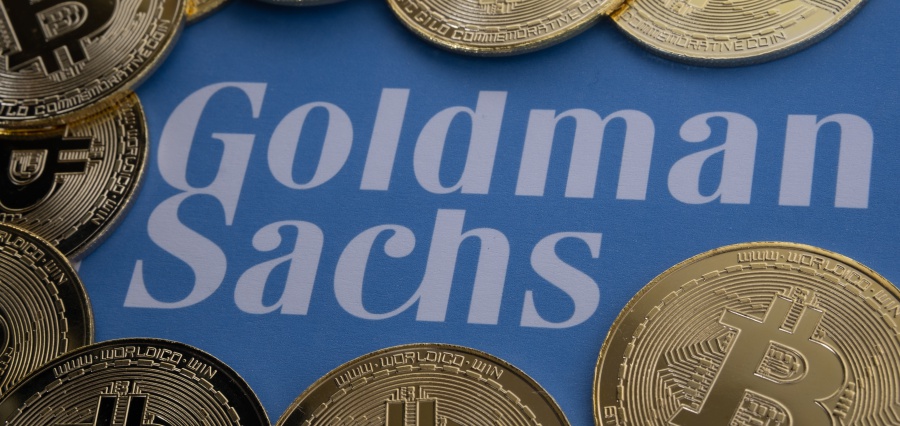Goldman Sachs is set to record a $400 million pretax charge in its third-quarter results as it continues to dismantle its consumer business operations. Speaking at a conference on Monday, CEO David Solomon confirmed that the charge stems from the divestment of the bank’s GM Card business and a portfolio of loans. The impact on revenues will be reflected when the bank releases its results next month.
This financial setback is part of Goldman Sachs’ broader strategy to retract from its ambitious foray into consumer retail. The bank’s consumer business, which includes its credit card operations such as the Apple Card, was initially seen as a high-growth area. However, it has faced significant challenges, including mounting losses and increased regulatory scrutiny. In late 2022, Goldman Sachs began shifting its focus away from consumer operations, resulting in a series of write-downs associated with the sale of parts of the business.
The bank’s credit card ventures, while contributing to rapid growth in retail lending, have also been marked by substantial financial losses. These difficulties have prompted Goldman Sachs to re-evaluate its consumer business strategy and concentrate on more stable revenue streams. As part of this strategic pivot, Goldman Sachs is now emphasizing asset and wealth management as primary drivers of future growth.
In April, reports surfaced that Goldman Sachs was in discussions to sell the GM Card platform to Barclays, highlighting the bank’s efforts to exit from its consumer lending operations.
Additionally, Solomon indicated that the bank’s trading revenue for the quarter is expected to decline by 10%. This anticipated drop is attributed to challenging year-over-year comparisons and difficult trading conditions in August, particularly within the fixed-income markets.
The move to scale back consumer operations and focus on asset management reflects a broader trend among financial institutions to consolidate their strengths and seek stability in their core businesses amid a volatile economic environment. As Goldman Sachs navigates these transitions, it aims to solidify its position in areas with more predictable and sustainable revenue streams.

